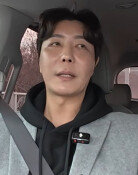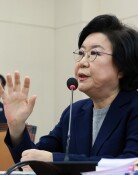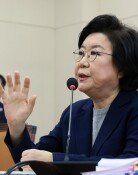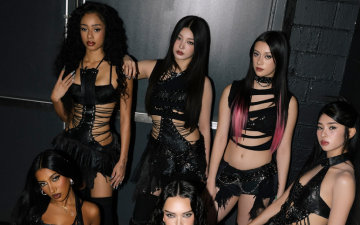[Editorial] President-Elect’s Contradictory Statement
[Editorial] President-Elect’s Contradictory Statement
Posted February. 03, 2003 22:33,
Although the President-elect Roh Moo-hyun outlined the three principles to deal with the Hyundai Merchant Marine’s payment to North Korea, it is still ambiguous what the President-elect has in mind when it comes to deal with the issue. His statement, which although the truth should be uncovered, national interests should be taken into account, may give rise to a contradictory interpretation. The remark that the subject, scope, and procedure of the investigation should be decided in the National Assembly seems to mean the ball that had been in the prosecution was passed to the National Assembly again.
Although it is quite understandable that the President-elect is in a dilemma to deal with the issue, the three principles have many causes to stir up controversy in the political circles. There is little difference between the president-elect’s three principles and his close associates’ statements; “the issue should be solved politically”; “the settlement to the issue should promote national interests”; “all the possibilities should be open, but a cautious approach is needed.”
The reason why lawmakers from the ruling camp made such conflicting statements is simple. It is because that while they are talking about principles, they are attaching contradictory premises or conditions to the settlement to the issue and that although the truths are not found out yet, they are concerned about the possible fallout or impact of the outcome of the investigation. The reason why the ruling camp has jittered about the case is obvious, because they want to avoid legal actions imposed on them in relation to the secret payment.
Against this backdrop, the ruling camp seems to forget or ignore the following obvious reasons. First, there is no other thing to hinder national interests than a split in the public opinions caused by the widening suspicions over the issue. Second, the subject, scope and procedures of the investigation have nothing to do with national interests and the issue to decide whether the prosecution should open a probe into the case is not a matter the National Assembly deals with. Third, if the truths are not uncovered, it is hard to know whether the issue should be dealt with politically or legally. Fourth, uncovering the truth behind the secret payment should come first before taking the extenuating circumstances surrounding the issue in accordance with the public opinions.
The same is true for the prosecution. Mentioning the application of relevant laws and the subject of judicial punishments ensued by the investigation at a time when substantial truths are not uncovered yet is like the prosecution putting the cart before the horse. In addition, the prosecution’s contention promoting the principle of the prosecutors that the prosecution is not an agency to clear up suspicious cases but an agency to investigate cases goes against its experimental principle, demonstrating if there is a suspicion, irregularities and corruptions are behind it. It is deplorable to see the prosecution trying to find out where the wind blows by giving the right to handle the issue which is tantamount to a humiliation for the law enforcement authority. The prosecution should open an immediate investigation to clear up suspicions surrounding the secret payment without any political consideration. If the ruling camp and the prosecutors are hesitant to take a prompt action to deal with the issue, the undesirable hesitation will invite a more disastrous consequence.





![하버드 의사가 실천하는 ‘뇌 노화 늦추는 6가지 습관’ [노화설계]](https://dimg.donga.com/c/138/175/90/1/wps/NEWS/IMAGE/2026/01/22/133210626.3.jpg)

